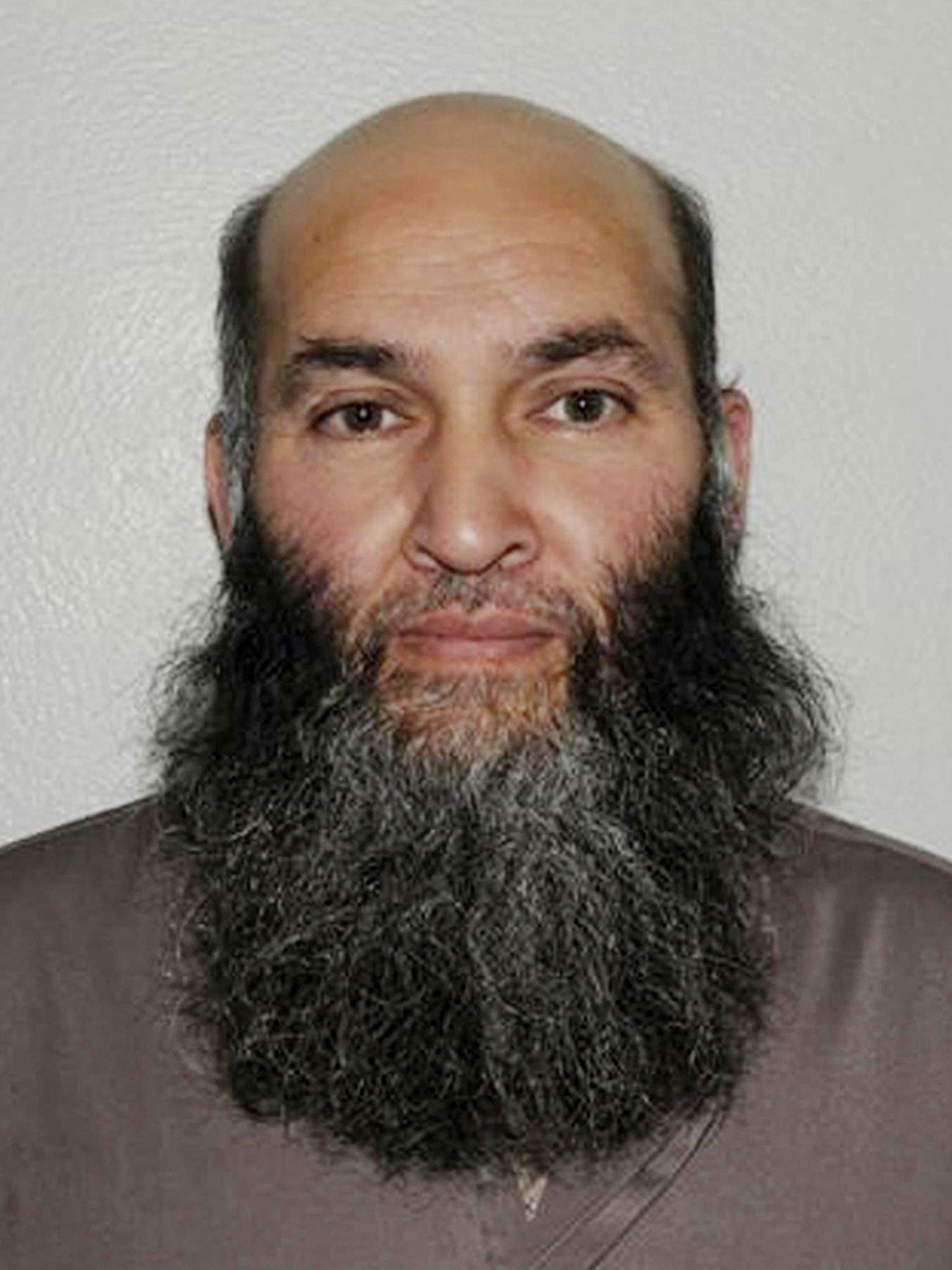Munir Farooqi case: Family home set to be seized under terrorism laws
Relatives will appeal court’s decision to hand convicted terrorist’s house over to police

The family home of a man convicted of attempting to recruit two undercover police officers to fight British soldiers in Afghanistan is set to become the first to be seized in the UK under terrorism laws.
Forfeiture will now begin after the Court of Appeal rejected a challenge against his conviction by bookstall owner Munir Farooqi who received four life sentences in September 2011 for inciting jihad.
Three judges, including the Lord Chief Justice, Lord Judge, concluded that the conviction of the 56-year-old grandfather was sound despite arguments by his lawyers that he had been incompetently represented at the trial at which he failed to give evidence in his own defence.
The decision means the Farooqis' four-bedroom house in Longsight, Manchester, will make legal history as the first to be subject to seizure proceedings under the Terrorism Act 2000 which entitles the courts to take property owned or under the control of terrorists at the time of an offence.
The family and their supporters have fought a vigorous campaign to highlight their case claiming three generations will be left homeless and penniless if the property, which is not registered in Munir Farooqi's name, is forfeited.
They have argued that they are being collectively punished for a crime they did not commit.
Farooqi's son Harris, 29, who lives in the £200,000 house with six other family members, was acquitted of terrorism offences at the trial. His father ran an Islamic book stall on Longsight market.
He was arrested after an 11-month sting operation in which two officers "Ray" and "Simon" posing as vulnerable young men and wearing covert recording devices regularly came to the family house where they were invited to "fight, kill and die" in Afghanistan.
Pakistani-born Farooqi was told he must serve a minimum of nine years before he can be considered for parole after being convicted of preparing for acts of terrorism, three counts of soliciting to murder and one count of dissemination of terrorist publications.
Assistant Chief Constable of Greater Manchester Police Steve Heywood said the majority of the offences had taken place at the Farooqi home - one of three properties owned outright by the family.
"This is unequivocally not about punishing family members, but demonstrating that if a convicted terrorist who was planning to recruit people to kill our soldiers abroad used a property to carry out this sort of criminality that it should be seized and any monies raised use to fund the ongoing fight against terrorism," he said.
Lawyers for the Farooqis will argue that Parliament had not intended the forfeiture of family homes when drafting the section of the Terrorism Act but rather computers, mobile phones and printers used in the commissioning of illegal acts.
They will claim that seizing the house will breach Article 8 of the European Convention on Human Rights which protects their private and family life, their home and their correspondence.
The appeal judges also rejected conviction challenges by Farooqi's co-defendants Matthew Newton, a British Muslim convert, and Israr Malik. They also threw out sentence appeals by Farooqi and Malik.
Lord Judge said the trial judge concluded Farooqi was a "very dangerous extremist who believed that murder of allied troops was an obligation, which he wholeheartedly incited".
Lord Judge added: "Given the nature of his activities, their aims, and the dedication with which they were pursued we consider that the minimum term was appropriate."
Subscribe to Independent Premium to bookmark this article
Want to bookmark your favourite articles and stories to read or reference later? Start your Independent Premium subscription today.
